Keeping London's Tenants Safe Your Guide to Landlord Safety Certificates
For landlords across the UK, and especially here in bustling London, ensuring the safety of your tenants isn’t just good practice – it’s a legal imperative. The landscape of rental regulations is designed to protect occupants, and at the heart of this protection lie various “Landlord Safety Certificates.” But what exactly are they, and why are they so crucial for your property portfolio in the capital?
This blog post will demystify landlord safety certificates, outlining the essential ones you need, why they matter, and the serious consequences of non-compliance.
What are Landlord Safety Certificates?
Simply put, landlord safety certificates are official documents that confirm your rental property meets specific safety standards as dictated by UK law. They are issued by qualified professionals after thorough inspections of various installations and aspects of your property. These certificates provide peace of mind for both you and your tenants, proving that you’ve taken the necessary steps to minimise risks and provide a safe living environment.
The Key Certificates for London Landlords
While the term “Landlord Safety Certificate” often acts as an umbrella, there are several distinct certificates and assessments you’ll need to be aware of:
-
Gas Safety Certificate (CP12): This is perhaps the most well-known. If your property has any gas appliances (such as boilers, cookers, or fires), you are legally required to have them checked annually by a Gas Safe registered engineer. A valid CP12 certificate must be provided to your tenants within 28 days of the inspection or at the start of a new tenancy. Failure to do so carries significant penalties, including unlimited fines and even imprisonment.
-
Electrical Installation Condition Report (EICR): Since April 2020 (and April 2021 for existing tenancies), landlords in England must ensure electrical installations in their properties are inspected and tested every five years by a qualified electrician. The EICR details the condition of the electrical wiring, fuse boxes, sockets, and other fixed electrical equipment. A copy of this report must be given to existing tenants within 28 days of the inspection and to new tenants before they move in. Non-compliance can lead to fines of up to £30,000.
-
Fire Safety Regulations: While there isn’t a single “fire safety certificate” for all properties, landlords have clear responsibilities under various regulations, including the Regulatory Reform (Fire Safety) Order 2005 (especially for Houses in Multiple Occupation – HMOs) and the Smoke and Carbon Monoxide Alarm (England) Regulations 2015. This includes:
- Smoke Alarms: A smoke alarm must be fitted on every storey of the property where there is a room used as living accommodation.
- Carbon Monoxide Alarms: A carbon monoxide alarm must be fitted in any room with a solid fuel-burning appliance (e.g., a wood-burning stove or an open fire). It’s also best practice to have one where there’s a gas appliance.
- Fire Risk Assessment: For HMOs, a formal fire risk assessment is a legal requirement. It’s also highly recommended for all rental properties to identify and mitigate potential fire hazards.
- Furniture and Furnishings (Fire) (Safety) Regulations 1988: Any upholstered furniture you provide must comply with these regulations.
-
Legionella Risk Assessment: Landlords are legally required to assess the risk of Legionella bacteria in their property’s water systems. While often a low risk in domestic properties with regular use, it’s still a landlord’s duty to identify and manage any potential hazards. This doesn’t always require a formal certificate, but documentation of the assessment and any remedial actions is crucial.
-
Energy Performance Certificate (EPC): While not strictly a safety certificate, an EPC is a legal requirement for most rental properties. It provides an energy efficiency rating from A (most efficient) to G (least efficient) and is valid for 10 years. You must provide prospective tenants with a valid EPC before they sign a tenancy agreement. Since April 2020, properties must generally have an EPC rating of E or higher to be legally let.
Why Are These Certificates So Important for London Landlords?
-
Legal Compliance: The most straightforward reason is simply to avoid breaking the law. UK regulations are robust, and non-compliance can result in substantial fines, legal action, and even criminal prosecution. Local authorities in London are particularly diligent in enforcing these standards.
-
Tenant Safety and Well-being: This is the paramount concern. These certificates directly contribute to ensuring your tenants live in a safe and healthy environment, free from the risks of gas leaks, electrical fires, and other hazards.
-
Insurance Validity: Many landlord insurance policies require you to hold valid safety certificates. Without them, your insurance could be invalidated, leaving you financially exposed in the event of an incident.
-
Avoiding Rent Repayment Orders and Eviction Issues: In some cases, if you fail to provide essential certificates like the Gas Safety Certificate or EICR, tenants may be able to claim back rent through a Rent Repayment Order. Furthermore, you may be unable to serve a Section 21 “no-fault” eviction notice.
-
Reputation and Trust: Being a responsible landlord who prioritises safety builds trust with your tenants and enhances your reputation in the competitive London rental market. It also helps attract reliable tenants in the long run.
Obtaining Your Certificates in London
Numerous qualified and registered professionals operate across London who can conduct these inspections and issue the necessary certificates. Many companies offer bundled services, allowing you to arrange multiple safety checks in one visit, which can be both time and cost-efficient. Always ensure that the engineers you employ are appropriately qualified and registered with the relevant bodies (e.g., Gas Safe Register for gas, NICEIC or equivalent for electrical work).

Talk To Us!
Have Questions? Call Us Today for Expert Advice & Instant Assistance.
020 8609 7777
Booking assistance & Support

Fire Risk Assessment

Gas Safety Certificate
Gas Safety Certificate – Domestic – Meter & Upto 2 appliances
£57.99 Book NowGas Safety Certificate – Domestic – Meter & Upto 4 appliances
£77.99 Book NowCarbon Monoxide Alarm
£80 Book NowGas Safety Certificate – Domestic – “Discounted Offer” Boiler Service + Gas Certificate & 2 appliances
£89.99 Book NowGas Safety Certificate – Commercial – 1 appliance
£199 Book NowGas Safety Certificate – Commercial – 2 appliances
£245 Book NowGas Safety Certificate – Commercial – Boiler Service
£280 Book Now

Electric Safety
Studio Appartments Electrical Safety Certificate (EICR)
£65 Book NowPAT Testing Up To 10 Items
£58 Book NowDomestic Electrical Safety Certificate EICR 1 – 3 Bedroom – 1 Consumer Unit Up to 12 Circuits
£99 Book NowDomestic Electrical Safety Certificate EICR 4 Bedrooms – 1 Consumer Unit Up to 12 Circuits
£120 Book NowCommercial Electrical Certificate (EICR) – 1 Consumer Unit Up to 12 Circuits
£149 Book NowDomestic Electrical Safety Certificate EICR 5 Bedrooms – 1 Consumer Unit Up to 12 Circuits
£150 Book NowDomestic Electrical Safety Certificate EICR 6 Bedrooms – 1 Consumer Unit Up to 12 Circuits
£158.33 Book NowFuse Box Installation
£415.83 Book Now

Energy Performance

Inventory Services

Asbestos Surveys

Electric-Gas Appliances & Hob Installations

Talk To Us!
Get in touch if you're uncertain or need assistance ?
020 8609 7777
Talk to a Friendly Advisor
Accreditations

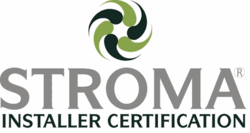
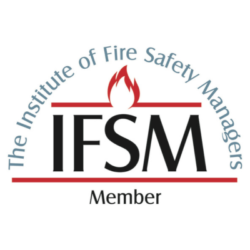
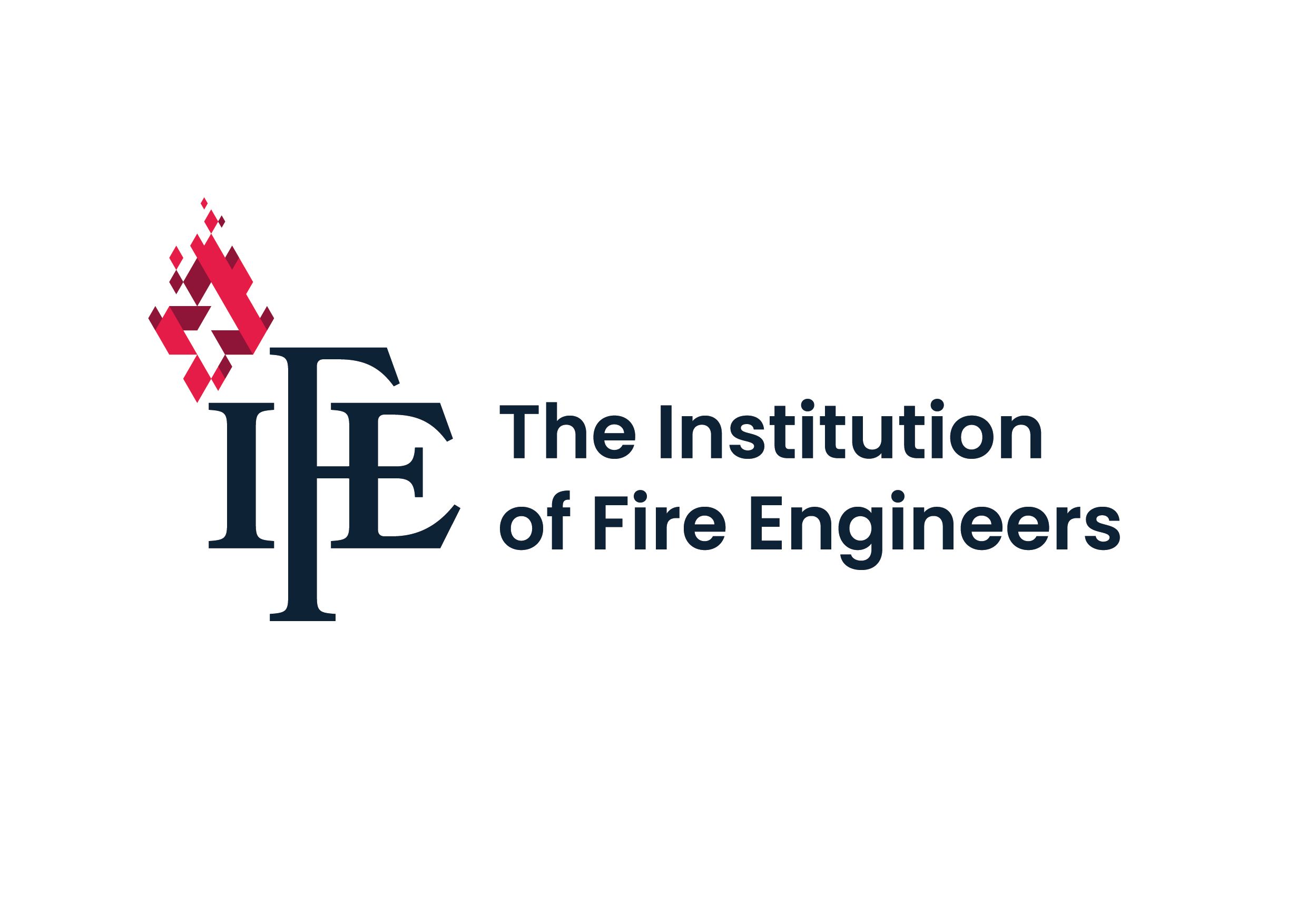
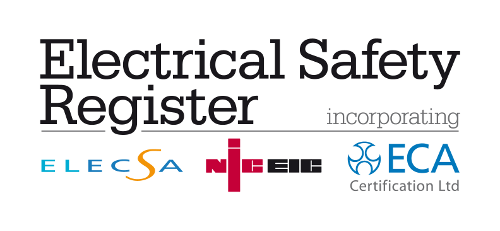
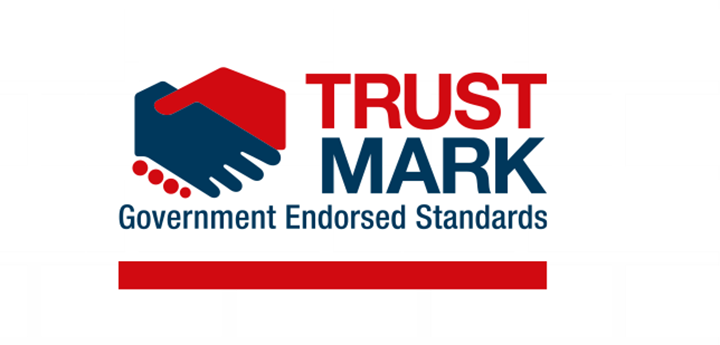
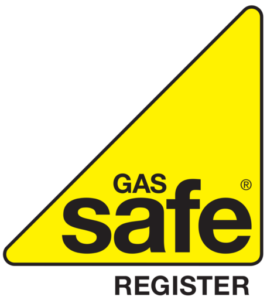
Help & Advice
-
Understanding PEEPs in Residential Settings What Landlords and Housing Providers Must Know
In the wake of the Grenfell Tower tragedy, the UK government has introduced stricter fire safety responsibilities for those managing residential buildings. One of the most significant changes is the
-
EPC 2025 Rule Changes – What UK Landlords Must Know
In the push toward a greener and more energy-efficient Britain, the UK Government has proposed major changes to Energy Performance Certificate (EPC) rules that will significantly impact landlords. From 2025,
-
Commercial Gas Safety Certificate London Expert Guide for Business Properties
For commercial property owners and landlords in London, obtaining a valid commercial gas safety certificate is both a legal obligation and a critical safety measure. Unlike domestic properties, commercial premises often have
-
Gas and Electric Safety Checks A Landlord’s Legal Guide.
As a London landlord, maintaining proper gas and electric safety checks is not optional—it's a legal requirement that protects your tenants and your property investment. Under UK law, you must
-
Portable Appliance Testing Certificate for Rental Properties
A Portable Appliance Testing (PAT) certificate is a document that confirms electrical appliances in a rental property have been tested for safety. While not a legal requirement for private landlords
-
 Understanding PEEPs in Residential Settings What Landlords and Housing Providers Must Know
Understanding PEEPs in Residential Settings What Landlords and Housing Providers Must Know
-
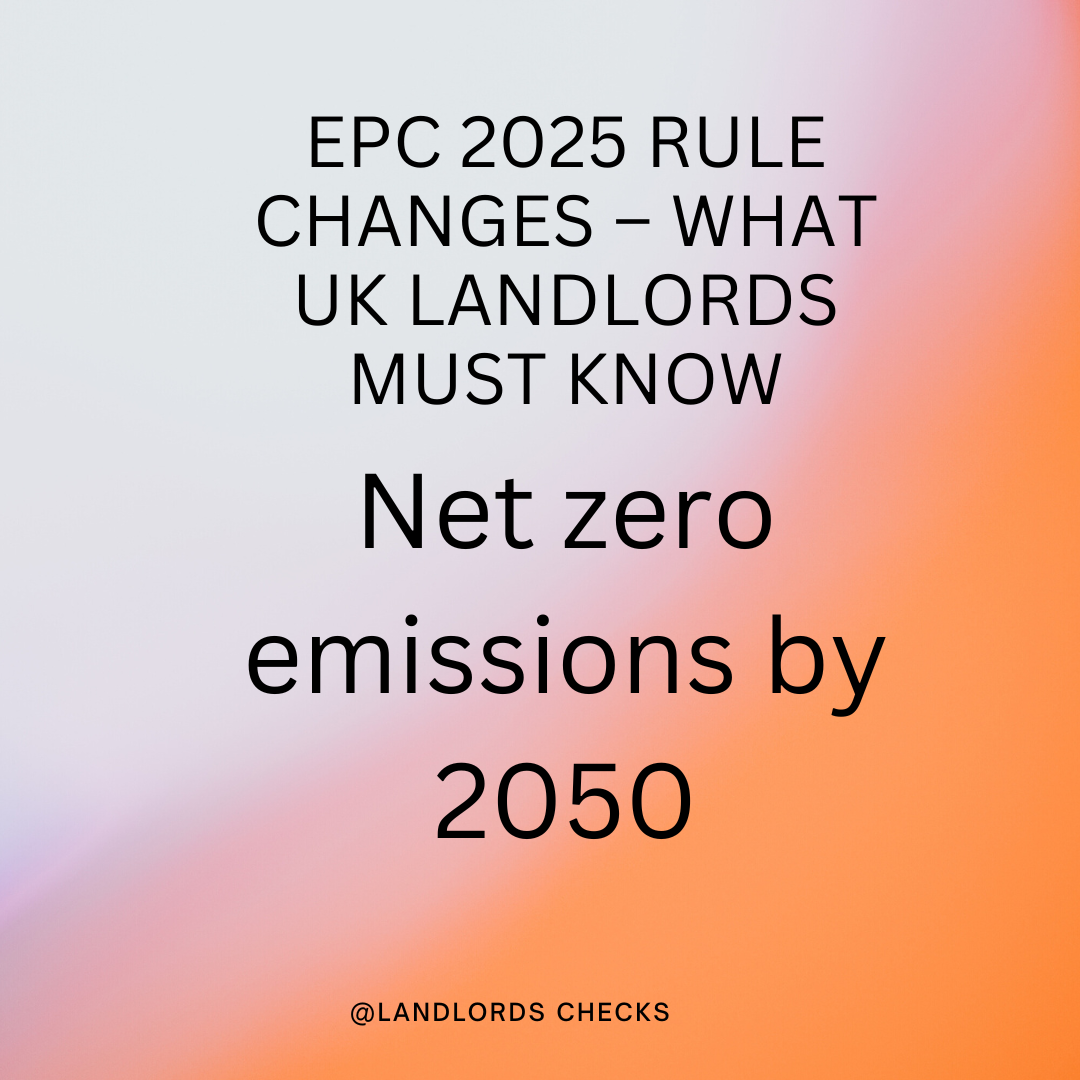 EPC 2025 Rule Changes – What UK Landlords Must Know
EPC 2025 Rule Changes – What UK Landlords Must Know
-
 Commercial Gas Safety Certificate London Expert Guide for Business Properties
Commercial Gas Safety Certificate London Expert Guide for Business Properties
-
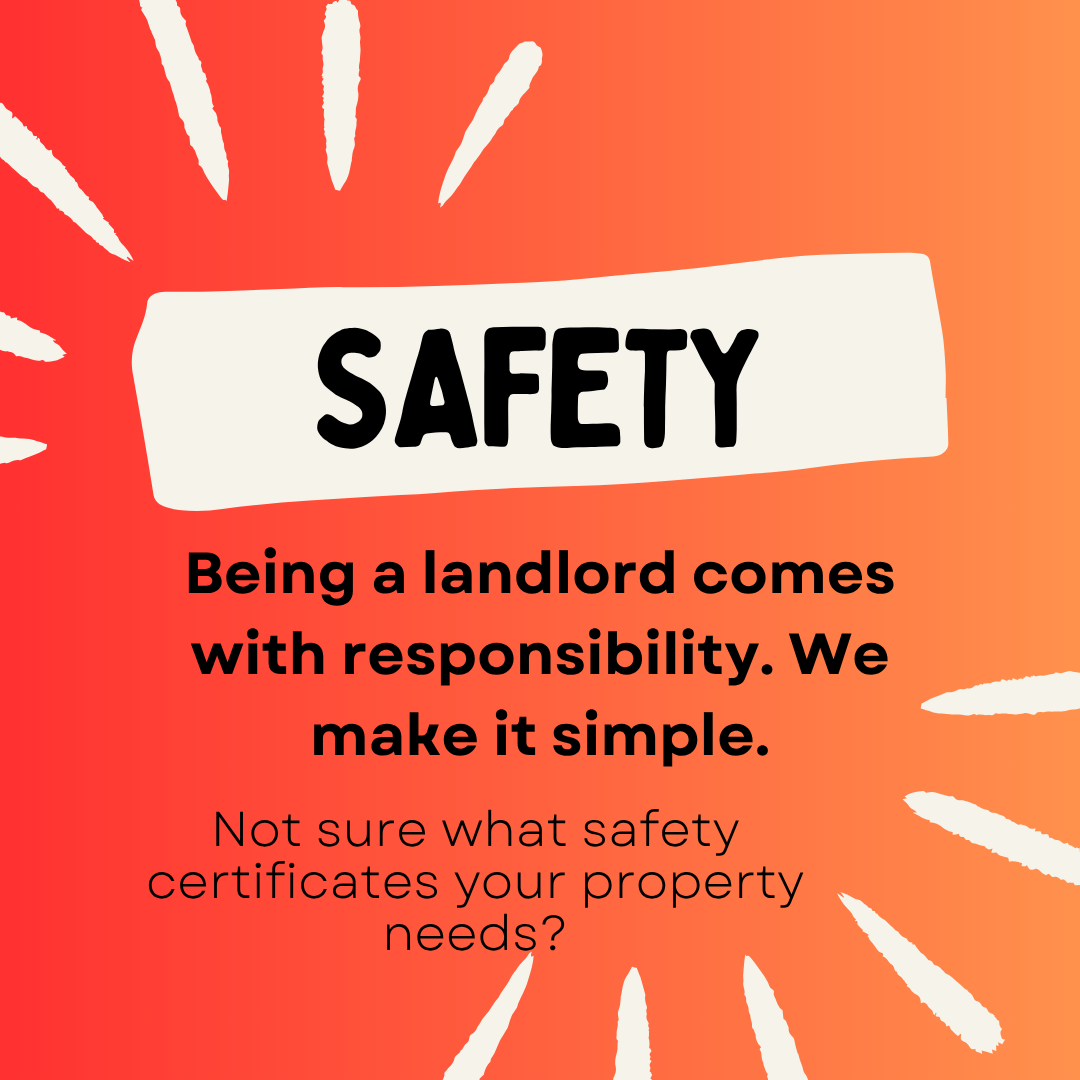 Gas and Electric Safety Checks A Landlord’s Legal Guide.
Gas and Electric Safety Checks A Landlord’s Legal Guide.
-
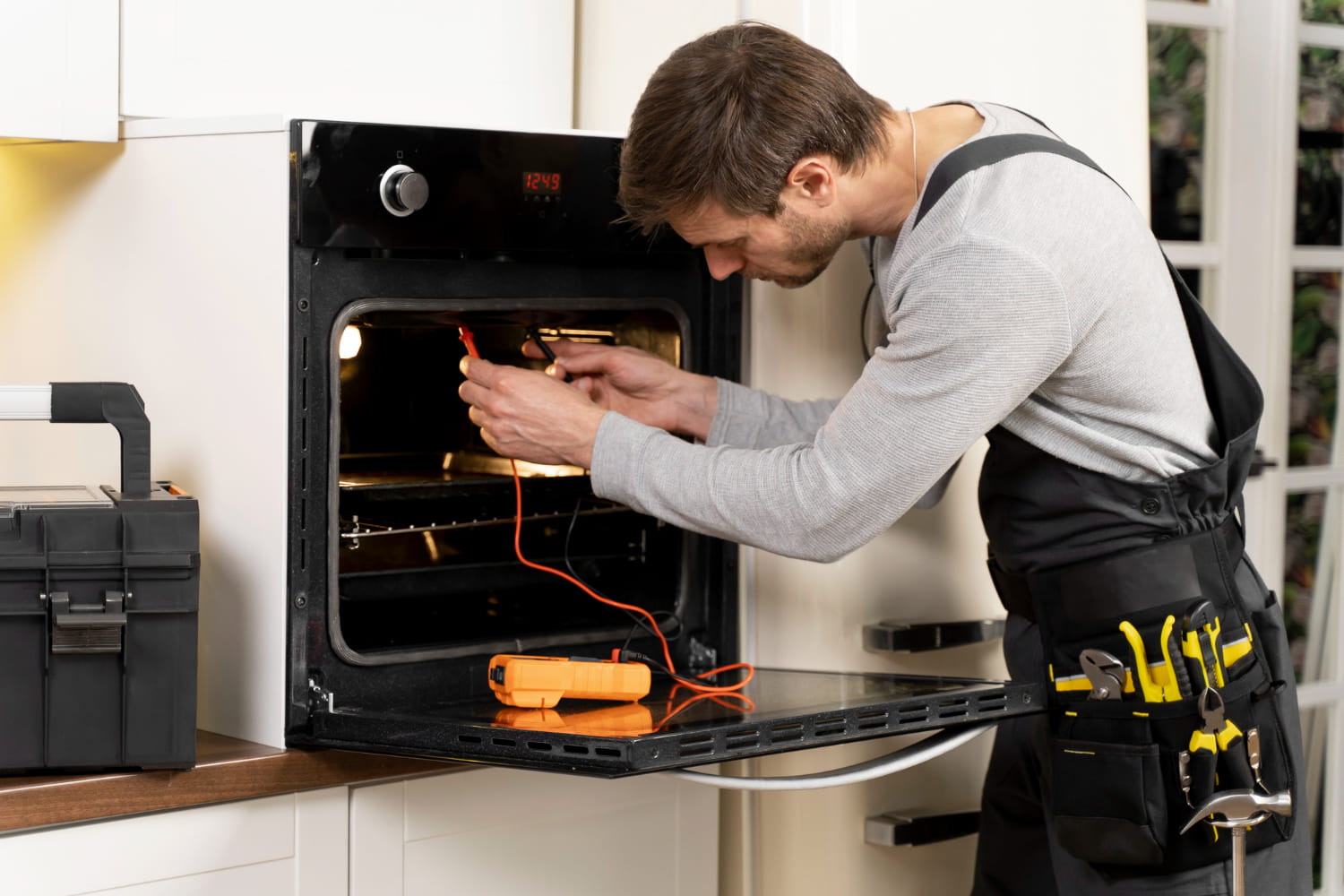 Portable Appliance Testing Certificate for Rental Properties
Portable Appliance Testing Certificate for Rental Properties



